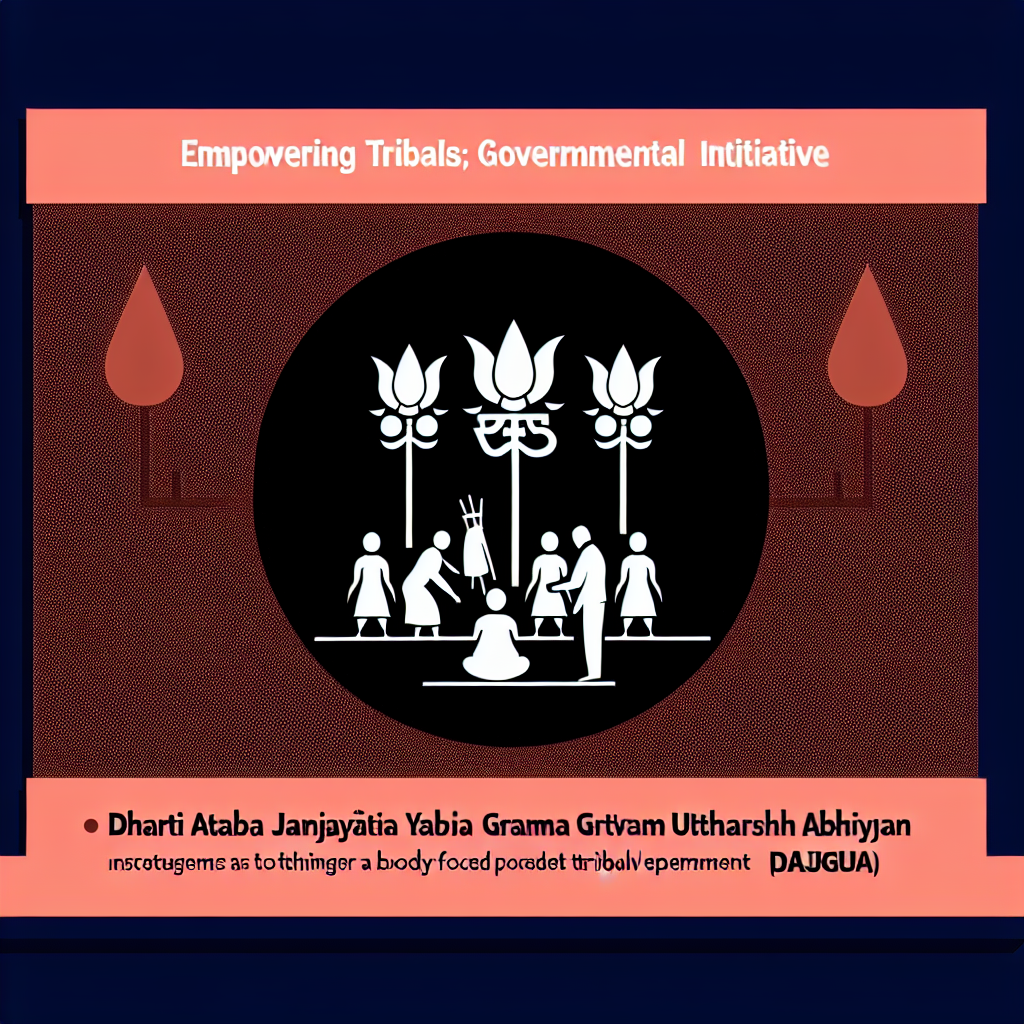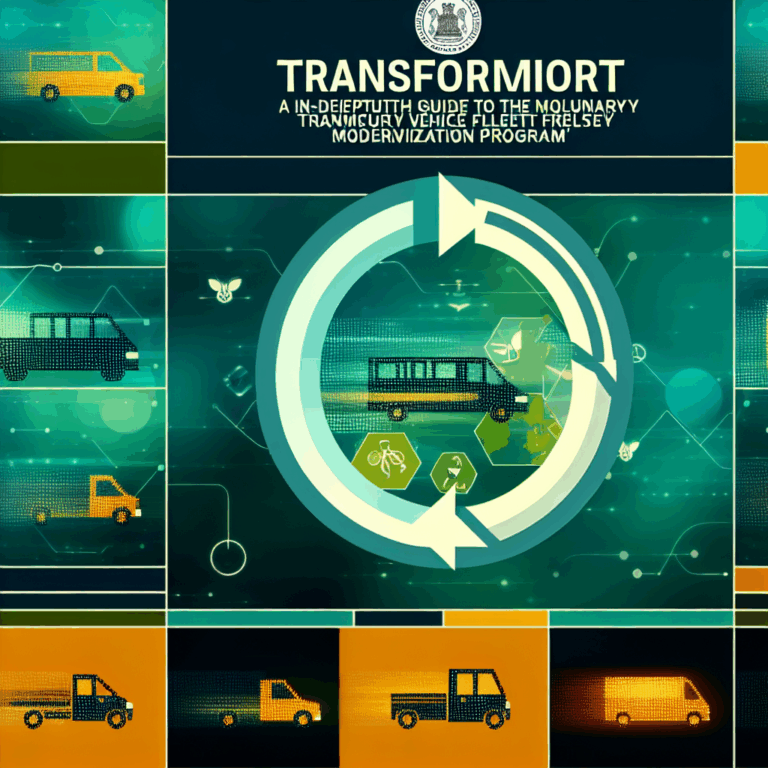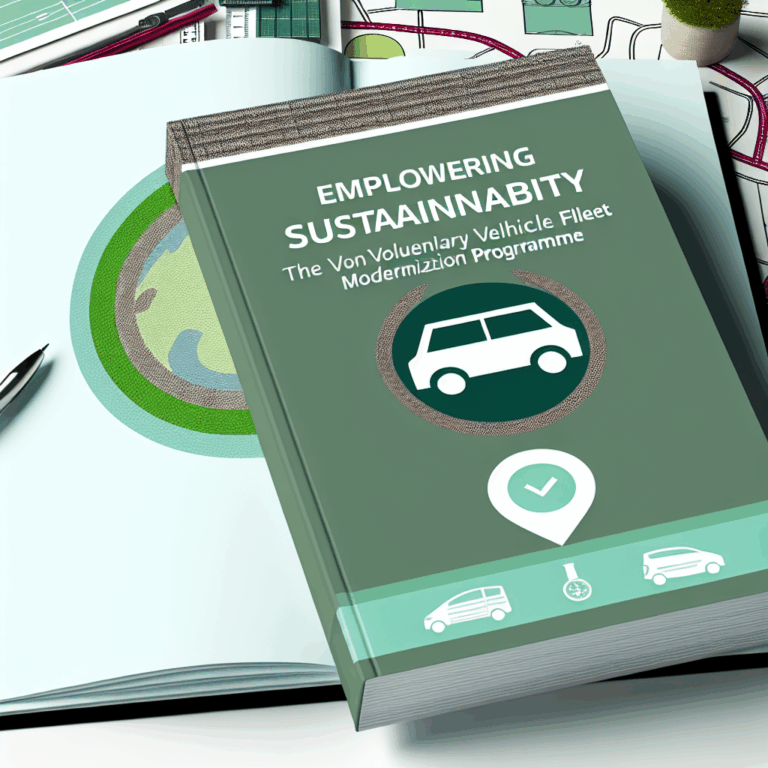Copyright @ 2023 www.digimitr.com. All rights reserved.

Empowering Tribals: An In-Depth Look at the Dharti Aaba Janjatiya Gram Utkarsh Abhiyan (DAJGUA) by the Ministry of Tribal Affairs
Explore the key aspects of the government scheme titled “Empowering Tribals: An In-Depth Look at the Dharti Aaba Janjatiya Gram Utkarsh Abhiyan (DAJGUA) by the Ministry of Tribal Affairs”. This program is managed by the relevant ministry and focuses on providing benefits to eligible beneficiaries.
Here is a comprehensive overview:
Introduction
The Dharti Aaba Janjatiya Gram Utkarsh Abhiyan (DAJGUA) represents a commitment by the Indian government, specifically the Ministry of Tribal Affairs, to uplift tribal communities across the nation. Launched to provide holistic development and empowerment to tribal populations, DAJGUA aims to enhance the quality of life in tribal areas, emphasizing sustainable practices, education, and economic self-reliance. By incorporating modern technology and traditional knowledge, the program strives to improve the socio-economic landscape for tribal communities, making it a vital initiative in India’s quest for inclusive growth.
Eligibility Criteria
To participate in the DAJGUA program, applicants must meet specific eligibility criteria. Primarily, the target beneficiaries are tribal communities categorized under the Scheduled Tribes (ST) as per government records. The initiative is designed for individuals and groups residing in rural areas where tribal populations are significantly present. Interested candidates must exhibit a willingness to engage in sustainable practices and community development efforts. Moreover, organizations and NGOs working in tribal regions can also apply to become implementing partners, provided they demonstrate expertise in community mobilization and resource management.
Key Features and Benefits
The DAJGUA program embodies a multifaceted approach to tribal development. One of its key features is the focus on self-governance, which encourages tribal communities to take ownership of their resources and development processes. The program also emphasizes sustainable agriculture, offering training and resources to help farmers adopt eco-friendly farming techniques.
In addition to agriculture, the initiative promotes skill development in various trades, enabling tribal youth to secure livelihood opportunities more effectively. Educational initiatives under DAJGUA aim to enhance literacy levels and provide vocational training, ensuring that tribal children and adolescents receive a well-rounded education.
Environmental sustainability is another important aspect of DAJGUA. The initiative promotes afforestation and biodiversity conservation practices, thereby creating a balance between development and ecological preservation.
Overall, the benefits of DAJGUA include improved quality of life, better access to education and healthcare services, enhanced economic opportunities, and the empowerment of tribal communities through self-governance.
Application Process
The application process for DAJGUA is designed to be straightforward, involving both individuals and community groups. For interested individuals, the first step is to contact the local tribal development office or pertinent government agencies. They often conduct outreach programs to inform tribal communities about the initiative and clarify eligibility requirements.
For organizations looking to implement community projects, a detailed project proposal is required, outlining objectives, target beneficiaries, expected outcomes, and budgetary requirements. The proposals must be submitted to the Ministry of Tribal Affairs or designated state-level agencies. Upon review, successful applicants receive funding and support to execute their proposed initiatives.
Funding and Budget
Funding for DAJGUA comes from both central and state government allocations. The Ministry of Tribal Affairs designates an annual budget for this initiative, which aims to empower tribal communities sustainably. The funds are typically allocated based on proposals received and reviewed by a dedicated committee that assesses the viability and potential impact of each project.
Additionally, the program encourages collaboration with private entities and NGOs, providing them an opportunity to contribute resources and expertise, thereby diversifying the funding ecosystem. This collaborative approach ensures that initiatives can sustain over the long term, effectively addressing the unique challenges faced by tribal communities.
Achievements or Impact
Since its inception, DAJGUA has made notable strides in improving the lives of tribal populations. Success stories from various states highlight significant enhancements in agricultural productivity, increased enrollment in schools, and improved health care access in tribal areas.
Several pilot projects have yielded positive results, demonstrating the efficacy of community-led initiatives. For instance, in states like Madhya Pradesh and Odisha, the implementation of sustainable farming techniques has resulted in higher crop yields, while vocational training programs have successfully upskilled tribal youth, enabling them to secure jobs and starting their entrepreneurial ventures.
The program’s focus on environmental conservation has also garnered attention as tribal communities increasingly engage in afforestation projects, contributing to the local ecology.
Challenges (if any)
Despite its clear benefits, DAJGUA faces several challenges that it must overcome to achieve its goals fully. One major hurdle is the bureaucratic process involved in grant approval, which can delay project implementation. Additionally, regional disparities can create inconsistencies in the program’s effectiveness, as some states may not have the necessary support structures in place.
Moreover, low literacy levels and lack of awareness among tribal communities can limit their participation in the initiative. Engaging local leaders and influencers is crucial to bridging this gap and ensuring comprehensive participation.
Recent Updates
In recent months, DAJGUA has announced several collaborative partnerships aimed at enhancing its outreach and resource mobilization efforts. These alliances include partnerships with NGOs and corporate entities, which emphasize digital literacy and eco-friendly practices in tribal areas.
The Ministry of Tribal Affairs has also increased its focus on monitoring and evaluation processes to ensure projects are meeting their intended outcomes. Public consultations have been held to gather feedback from tribal communities, allowing for adjustments and real-time improvements to the initiative.
Conclusion
The Dharti Aaba Janjatiya Gram Utkarsh Abhiyan represents a holistic approach to tribal development in India, merging traditional practices with contemporary needs. While challenges remain, the program has already shown significant potential in transforming the lives of tribal communities. As the initiative progresses, continued support, collaboration, and community engagement will be essential to achieving its overarching goals of empowerment and sustainability.
FAQ
1. Who can apply for the DAJGUA program?
Eligible applicants include individuals from Scheduled Tribes (ST) and organizations or NGOs that work in tribal regions focusing on development and empowerment initiatives.
2. How does DAJGUA support environmental sustainability?
DAJGUA promotes eco-friendly agricultural practices, afforestation projects, and biodiversity conservation efforts, ensuring that development aligns with environmental preservation.
3. What types of projects can be funded under DAJGUA?
Projects funded under DAJGUA can include those focused on sustainable agriculture, skill development, education, health care, and community infrastructure aimed at improving the quality of life for tribal populations.
For more information, check out official government site,
Official government website or relevant source not provided.
Stay updated on related schemes and initiatives using hashtags: #Empowering #Tribals #InDepth #Dharti #Aaba #Janjatiya #Gram #Utkarsh #Abhiyan #DAJGUA #Ministry #Tribal #Affairs
Feel free to share about this scheme in the comments below!





